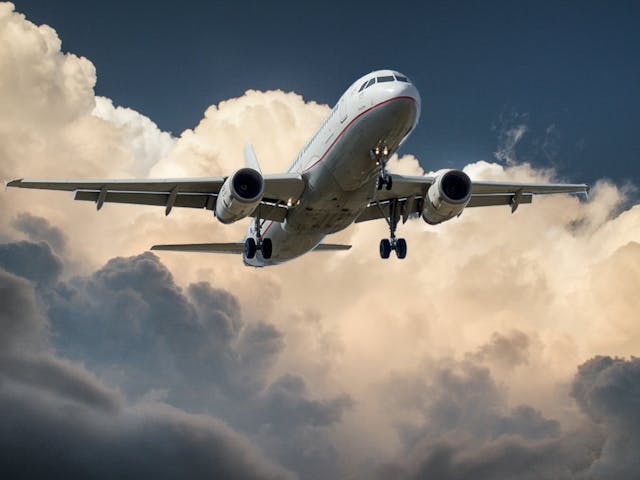
Regular aircraft maintenance plays a key role in keeping people safe and increasing the reliability of flights. As someone who relies on air travel, understanding the importance of consistent maintenance can provide peace of mind. Aircraft are complex machines that require meticulous attention to detail to function correctly. Without regular maintenance, the risks associated with mechanical failures, regulatory non-compliance, and structural issues significantly increase. Here are five reasons why regular aircraft maintenance can save lives, highlighting the essential aspects you should be aware of as a passenger or industry professional.
Prevents Mechanical Failures
Regular aircraft maintenance prevents mechanical failures. Aircraft rely on thousands of components that must work together seamlessly, and over time, wear and tear can lead to malfunctions. By adhering to a strict maintenance schedule, potential issues are identified and resolved before they become serious problems. This proactive approach significantly reduces the risk of in-flight mechanical failures, which can be catastrophic. For you, this means that the chances of experiencing a life-threatening mechanical issue during your flight are minimized.
Adheres to Safety Regulations
Routine maintenance ensures compliance with safety regulations. Aviation authorities, such as the Federal Aviation Administration (FAA), set stringent safety standards that all aircraft must meet. These regulations cover every aspect of an aircraft’s operation, from its structural integrity to its electronic systems. Regular maintenance checks make sure that each aircraft complies with these standards, thereby guaranteeing its airworthiness. When you fly, knowing that your aircraft has passed all necessary inspections and meets all regulatory requirements adds a layer of assurance regarding your safety.
Enhances Performance and Efficiency
When aircraft are regularly maintained, their performance and efficiency can be enhanced. Well-maintained aircraft operate more smoothly and efficiently than planes that do not receive the attention they require. This contributes to a more pleasant flying experience and also gives technicians a chance to see that all systems function correctly. For instance, properly maintained engines run more efficiently, reducing the likelihood of engine failure. Additionally, other important systems, such as navigation and communication equipment, are kept in optimal condition. The aviation industry relies on a network of suppliers and service providers to keep everything working correctly. For example, companies like Pilot John furnish the necessary parts, equipment, and expertise for maintenance procedures. This reliability is crucial for your safety, as it enables aircraft to perform as expected in various scenarios, including emergencies.
Allows for Frequent Inspections
Routine maintenance includes thorough inspections of an aircraft’s structural components. The integrity of an aircraft’s structure is fundamental to its safety. Regular inspections can detect issues such as cracks, corrosion, or other forms of damage that could compromise the aircraft’s structural integrity. Early detection allows for timely repairs, preventing minor issues from developing into major problems that could lead to structural failure. For you, this means that the aircraft you are flying in has been rigorously checked for any potential weaknesses. You can board with confidence, knowing that it can withstand the stresses of flight.
Contributes to a Culture That Emphasizes Safety
Consistent maintenance practices foster a safety culture within the aviation industry. When airlines prioritize maintenance, they demonstrate a commitment to safety that permeates all levels of their operation. This culture of safety encourages continuous improvement and vigilance among all staff members, from mechanics to pilots to flight attendants. As someone who flies, you benefit from this culture through improved safety protocols, better-trained personnel, and a heightened awareness of safety issues. Knowing that safety is a core value for the airline or pilot that you are flying with can give you confidence in their ability to handle any situation that may arise.
Safety Always Comes First
Regular aircraft maintenance is not just a regulatory requirement but a vital practice that saves lives. By preventing mechanical failures, ensuring compliance with safety regulations, enhancing performance and efficiency, maintaining structural integrity, and fostering a culture of safety, regular maintenance plays a critical role in the aviation industry. Regular maintenance is the backbone of a safe and reliable aviation system, providing the necessary assurance that every journey you embark on is as safe as possible. Next time you board a plane, take a moment to consider the dedicated maintenance work that ensures your flight is safe, secure, and efficient. Knowing that these rigorous standards are upheld offers peace of mind and a deeper appreciation for the complexities of modern aviation.
